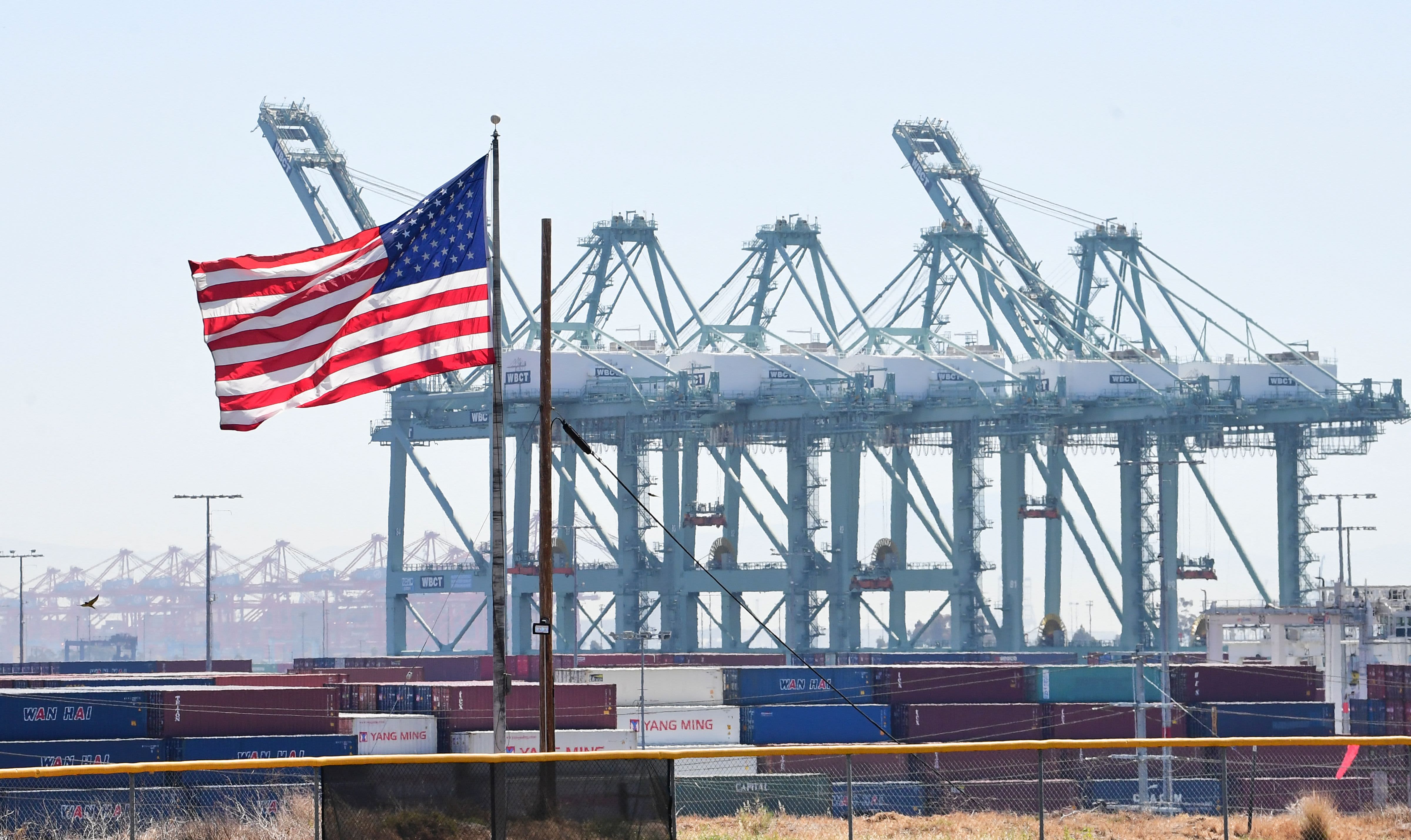Eliminating tariffs imposed on goods during the worst of the trade war would help ease inflation in the U.S., former Treasury Secretary Jacob Lew told CNBC on Tuesday.
But there’s currently “no political space” to do so, he said on CNBC’s “Street Signs Asia.”
“I think that the United States and China have deep differences. I’ve never thought it should just be about negotiating the exchange of one good or another on one side or the other. It should be about a level playing field,” Lew said. He served as treasury secretary from 2013 to 2017 during the Obama administration.
He continued: “I’ve thought from the beginning that the tariffs were an ineffective way to deal with their attacks on American consumers. And right now, with inflation being an issue, rolling back tariffs would actually reduce inflation in the United States.”
Relations between Washington and Beijing took a turn for the worse in 2018, when the Trump administration imposed tariffs on billions of dollars worth of Chinese goods and Beijing retaliated with similar punitive measures, drawing both sides into a protracted trade war.
U.S. tariffs on Chinese goods stood at an average of 19.3% on a trade-weighted basis in early 2021, while Chinese tariffs on American products were at about 20.7%, according to data compiled by think tank Peterson Institute for International Economics earlier this year.
Before the trade war, U.S. tariffs on Chinese goods were on average 3.1% in early 2018 while China’s tariffs on American goods were at 8%, the data showed.
Referring to rolling back tariffs, Lew said: “Both the leaders have to, I think, create political space in our two countries for these issues to be issues where you can move and make progress, because otherwise we either stay where we are. It gets worse. I think we can do better.”
American businesses are bearing most of the cost burden from the elevated tariffs imposed at the height of the U.S.-China trade war, according to a report from Moody’s Investors Service earlier this year.
The ratings agency said that U.S. importers absorbed more than 90% of additional costs resulting from the 20% U.S. tariff on Chinese goods. That means U.S. importers pay around 18.5% more in price for a Chinese product subject to that 20% tariff rate, while Chinese exporters receive 1.5% less for the same product, according to the report.
‘Excess nervousness’ about inflation
Worries over inflation have shot up this year, as energy prices spiked and the ongoing supply chain crisis led to shortages of goods.
The U.S. consumer price index, which tracks a basket of products ranging from gasoline and health care to groceries and rent, rose 6.2% in October from a year ago, the highest in 30 years.
But Lew told CNBC it’s likely “much of the inflation that we’re seeing will work its way through.”
“I don’t think anyone is predicting hyperinflation,” he said. “But I think there’s been a bit of excess nervousness about inflation. And candidly, the public reaction to inflation is very strong.”
But Lew warned that policymakers have to walk a fine line and ensure that measures used to combat inflation don’t slow the economy down so much that they dampen growth.
— CNBC’s Yen Nee Lee, Jeff Cox contributed to this report.
